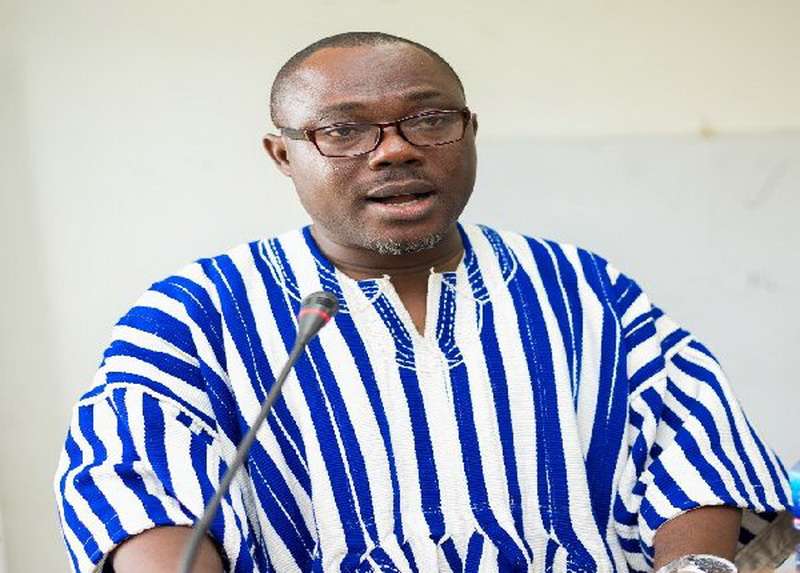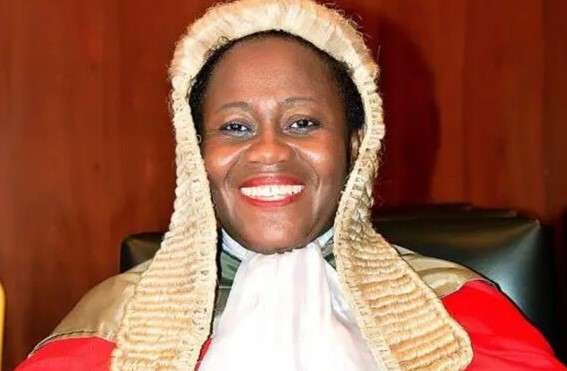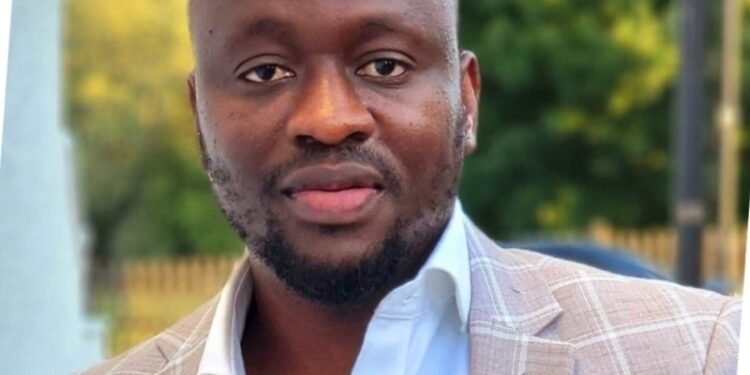Professor Ransford Van Gyampo, a political science lecturer at the University of Ghana, Legon has strongly criticized the Chief Justice, Her Ladyship Gertrude Araba Esaaba Torkornoo’s proposal for the appointment of an additional 5 judges to the Supreme Court.
Comparing Ghana’s judicial system to that of the United States, Professor Van Gyampo highlighted the significant disparity in the number of Supreme Court justices relative to population sizes and levels of litigation.
“The population of US is over 300 million people. It is a highly litigious country with lawyers always advertising and encouraging people who have experienced even the minutest human rights abuse to make use of the courts and legal processes.
“But they have only 9 Supreme Court Judges. We are only 32 million people in Ghana and not that litigious. Many of us won’t go to the courts because of our belief in God as the Supreme Judge, hence our constant refrain ‘Fa ma Nyame”
Professor Ransford Van Gyampo, Political Scientist
The renowned political scientist questioned the motives behind the Chief Justice’s proposal, urging a comparison between Ghana and the US.
He acknowledged that the US is a federal system with state-level apex courts, but emphasized that there is still a lesson to be learned from their model.
“There definitely is something to be learnt from what pertains there, so we don’t subvert justice by packing our courts,” he stated, adding that even at the state level, US courts are not packed with judges.
The renowned political scientist also referenced historical and scholarly perspectives to support his argument against increasing the number of Supreme Court judges.
He cited the African Peer Review Mechanism (APRM) under the New Partnership for African Development (NEPAD), which in 2005 expressed concerns about the number of judges in Ghana’s Supreme Court, advocating for a limit of 14 judges.

He further recalled Justice Atugubah’s remarks during a court confrontation on the issue, where the esteemed judge affirmed that a significant departure from the traditional number of 14 judges was not within contemplation.
“Indeed, when confronted on this issue in court, this is what Justice Atugubah, one celebrated Supreme Court Judge said ‘… as to whether the President is bound to appoint any number of justices duly qualified and recommended to him by the Judicial Council, it is quite clear that there is here contemporanea expositio whereun-der the number of Supreme Court Justices has never exceeded 14. A radical departure from this situation is therefore not within contemplation…”
Professor Ransford Van Gyampo, Political Scientist
Institute of Economics Affairs Ghana Political Parties Programme (IEA-GPPP)
Moreover, Professor Van Gyampo highlighted findings from an extensive research project by the Institute of Economic Affairs-Ghana Political Parties Programme (IEA-GPPP) that cautioned against the appointment of more judges to the Supreme Court.
This research, conducted by respected scholars including Prof. Yaw Twumasi, Prof. Reginald Austin, Prof. Kofi Kumado, Dr. William Ahadzie, and Prof. Kwamena Ahwoi, culminated in the Democracy Consolidation Strategy Paper (DCSP) according to Professor Gyampo spoke against increasing the number of Supreme Court judges.
He also pointed out that the research paper advocated for a ceiling on the number of Supreme Court judges to prevent court-packing, and manipulation, and to ensure finality in cases adjudicated at the apex court.
“Is our Chief Justice not privy to all the above? Is there something about Akufo Addo that makes decent and independent-minded appointees behave out of character and crave to be subservient to him? Has our Chief Justice not travelled before? Has she not studied what pertains elsewhere about the composition of apex courts?”
Professor Ransford Van Gyampo, Political Scientist
He further questioned whether the Chief Justice had considered the negative public perception of the judiciary and the potential implications of her proposal.
He concluded by urging the Chief Justice to focus on addressing the trust deficit in the judiciary, as highlighted in various survey reports and Afrobarometer works, rather than exacerbating the problem by inviting President Akufo-Addo, who has been accused of packing the courts with his loyalists, to appoint five more judges to the Supreme Court.
READ ALSO: FAO Food Price Index Remains Steady Amidst Mixed Bag of Commodity Price Movements























